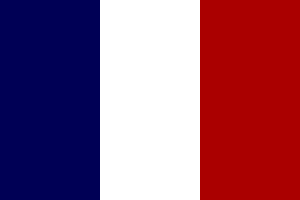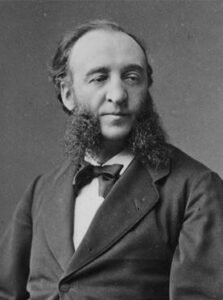
« L’instruction obligatoire est le premier devoir de l’État envers le citoyen. »
« Compulsory education is the first duty of the State towards the citizen. »
Jules Ferry (French Republican Education Reforms)
🇫🇷 France – Classical Foundation with Evolving Reforms
1. Historical Overview
The French education system has deep historical roots, dating back to Charlemagne (8th–9th century), who promoted learning and established palace schools.
The modern centralized model took shape under Napoleon Bonaparte in the early 19th century, creating a unified curriculum and state-controlled schools.
In the late 19th century, Jules Ferry introduced free, compulsory, and secular education for children aged 6 to 13, cementing the Republican school ethos.
Key Figures:
- Jules Ferry (1832–1893) – Minister of Public Instruction who established free, compulsory, and secular primary education in the 1880s.

2. Philosophy & Core Principles
France’s education is characterized by academic rigor, a strong focus on knowledge transmission, and centralized governance through the Ministry of National Education.
Core Principles:
National curriculum, uniform across the country
Strong emphasis on humanities, mathematics, and sciences
Teacher-centered instruction with growing integration of active learning
Free and secular education as a constitutional right
Diplomas and exams (like the baccalauréat) as key academic milestones
3. Current Structure
École Maternelle – Ages 3–6 (early childhood education, widely attended)
École Élémentaire – Ages 6–11
Collège – Ages 11–15 (lower secondary)
Lycée – Ages 15–18 (upper secondary, ending with the baccalauréat)
Higher Education – Universities, Grandes Écoles, technical institutes
4. Strengths & Challenges
✅ Strengths:
Strong foundations in math, sciences, and literature
Free public education until higher education
Growing interest in pedagogical innovation
⚠️ Challenges:
Persistent achievement gap linked to socioeconomic background
Heavy reliance on exams and grades
Centralized system may limit local adaptability
5. PISA Ranking
2022: France ranks mid-to-upper tier globally, with strong performance in mathematics and sciences but room for improvement in reading.
📚 More Reading on France’s Education:
French Education: A Cultural History – André Chervel
Schooling in France – Marie Duru-Bellat
The French Baccalauréat: History and Perspectives – Denis Smith
💡 Fun Fact: Almost 100% of French children attend école maternelle (preschool) before age 6, one of the highest early childhood enrollment rates in the world.
Book About:
- The School of the French Revolution: A Documentary History of the College of Louis-le-Grand and its Director, Jean-François Champagne, 1762-1814 – R. R. Palmer
→ Documentary account of the origin of the modern French school system during the revolutionary period.

Disclosure: As an Amazon Associate, we earn from qualifying purchases.
- The French Educator Celestin Freinet (1896-1966): An Inquiry into How His Ideas Shaped Education – Victor Acker
→ analysis of the Freinet pedagogy, a French approach based on free expression and cooperative work.
Disclosure: As an Amazon Associate, we earn from qualifying purchases.


